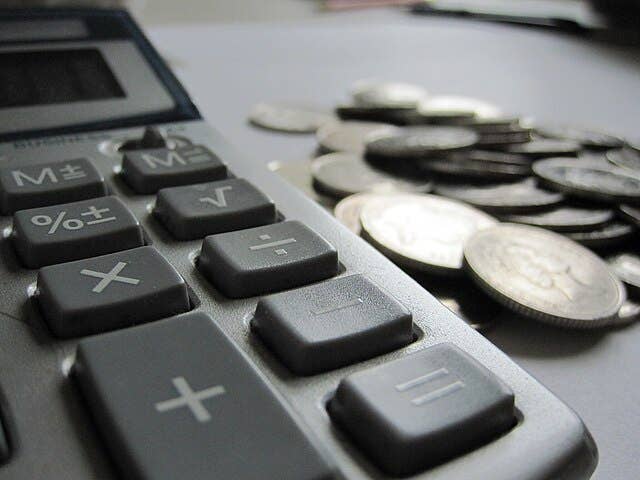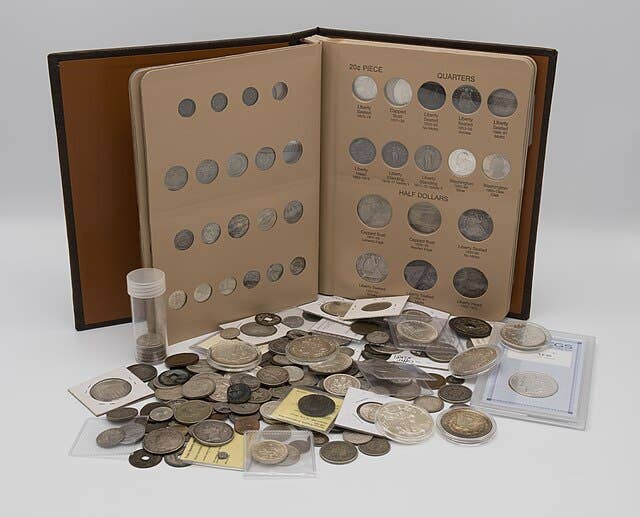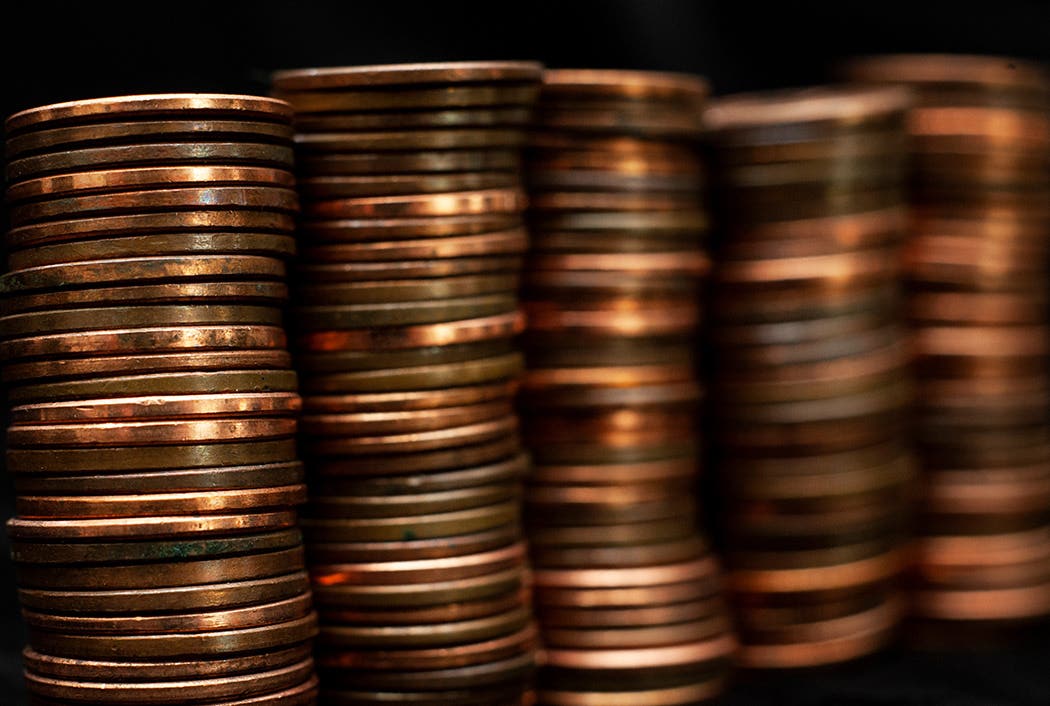Sweden Faces Cyber Crime
Swedish Senior Economic Crime Prosecutor Daniel Larson recently called Sweden the “Silicon Valley for criminal entrepreneurship.”
Sweden has become what Swedish Senior Economic Crime Prosecutor Daniel Larson recently called the “Silicon Valley for criminal entrepreneurship.” Sweden has become a cashless society. Accompanying this distinction is an economic crime that might amount to as much as 2.5 percent of the entire country’s gross domestic product. Cybercrime doubled between 2021 and 2023. The government’s response has been to pressure banks to tighten security measures, whatever that means. Digital payments are cheaper to execute than cash payments. Many of the scams involve BankID, a digital app able to be entered using a six-digit PIN or biometrics.
Only 1 percent of Sweden’s gross domestic product was in physical circulating cash at the beginning of 2018. At the same time, 11 percent of the euro zone’s currency was physical. This compares to 8 percent for the United States and 4 percent for Great Britain. Due to the low demand to use physical coins and bank notes, both Sweden and its next-door neighbor Norway now have the fewest Automated Teller Machines per capita than any other countries in Europe.
Not surprising are the statistics that indicate that the number of bank, cash-in-transit, and taxi robberies reported to Swedish police has “decreased sharply” throughout the past ten years. Computer fraud and identity theft aimed at getting into bank accounts have increased. Hey, why steal a small amount of physical cash from a single individual when you can steal a lot of money wholesale from a group of people by implementing cybercrime?
You may also like:






